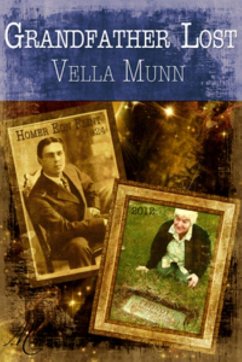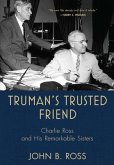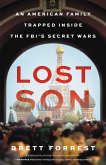In 1924, Homer Eon Flint, a thirty six year old multi-published writer and married father of three young children was found dead at the bottom of a canyon. According to a witness and the police, he was pinned under a taxi with a loaded pistol nearby. The media sensationalized his violent end. Some sources suggested he'd participated in an earlier bank robbery. Several friends even considered that he'd committed suicide because of his interest in the occult. The taxi driver--who died in prison--told police that Flint had hijacked the taxi at gunpoint and had driven away, only to die in an accident later that night.
Then there's the belief held by Homer's family. He was a victimin the wrong place at the wrong time.
Homer Eon Flint is considered one of the early twentieth century American pioneers in science fiction. His work such as The Devolutionist and The Emancipatrix have remained as pillars of the speculative fiction genre. The Blind Spot, co-written with fellow pioneer Austin Hall, has been reprinted nearly a dozen times. He was a well-known writer of pulp fictionsome of his stories garnering payments of hundreds of dollars in the booming post World War I economy.
Fellow writer Ralph Parker Anderson, when asked if Flint had died a criminal replied, "I do not accept the view that he was a robber. If he had committed a crime, it would have been a superbly clever one, not ordinary thievery."
Modern writers and scholars tend to agree that Flint, who envisaged space travel and genetic testing when the automobile and movies were in their infancy, didn't commit a crime. There is more to the storyone he didn't live to tell.
His oldest granddaughter and fellow writer Vella Munn became obsessed with learning everything she could about the man who was taken from his family when her mother was only six. Not only was Vella given custody of the magazines that carried his published work and stacks of unpublished manuscripts typed on yellowed paper, she was also entrusted with the precious letters between Homer and his beloved wife Mabel when financial circumstances separated them during the last year of his life. Vella also collected the newspaper articles that covered the death investigation. She included them verbatim in this biography.
The full story of Homer's end will never be known, but Grandfather Lost brings him to life.
Dieser Download kann aus rechtlichen Gründen nur mit Rechnungsadresse in A, B, CY, CZ, D, DK, EW, E, FIN, F, GR, H, IRL, I, LT, L, LR, M, NL, PL, P, R, S, SLO, SK ausgeliefert werden.









